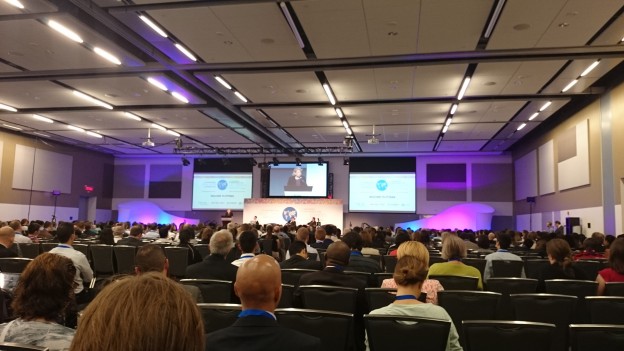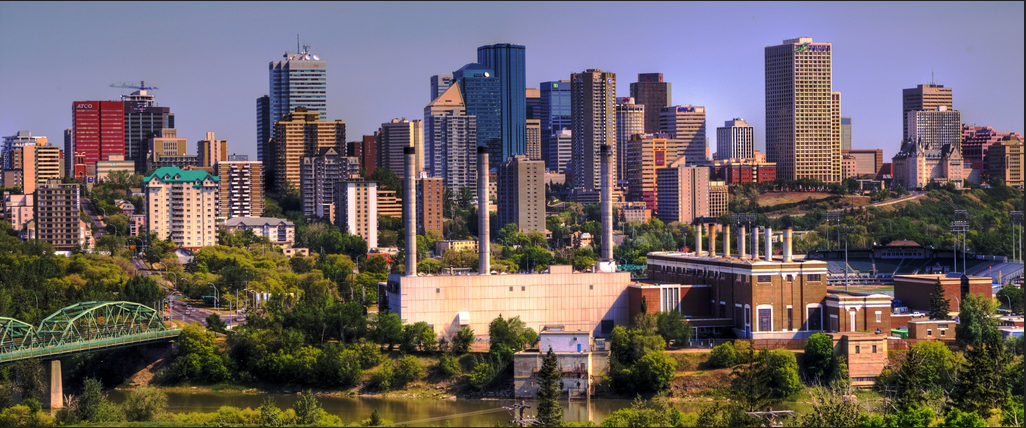
Geothink researcher Peter Johnson and his students have been working with government partners across the country to examine the state of civic open data projects in Canada.
By Naomi Bloch

Peter Johnson, assistant professor in the University of Waterloo Department of Geography and Environmental Management, was recently awared Ontario’s Young Researcher Award.
Geothink co-applicant researcher Peter A. Johnson is an assistant professor of Geography and Environmental Management at the University of Waterloo. Johnson and his students have been working with Geothink government partners across the country to examine the state of civic open data projects in Canada. In our latest podcast, he discusses how the seemingly desirable ethos of open data may nonetheless hamper our understanding of how end users are interacting with government products.
In their July article published in Government Information Quarterly, Johnson and Geothink head Renee Sieber discuss what they see as the dominant models—and related challenges—of civic open data today. The authors suggest that these models may carry potentially conflicting motivations. Governments can distribute data and leave it to users to discover and determine data’s value, they may aim to track civic issues in ways that are cost efficient, or they may also try to support market innovation via data provision and the promotion of crowd-sourced contributions. On the other hand, open data efforts also have the potential to enable productive and empowering two-way civic interactions when motivated by non-economic imperatives.
What future directions will government data provision take? That may depend a lot on the choices that government agencies—and end users—make today.
If you have thoughts or questions about this podcast, get in touch with Naomi Bloch, Geothink’s digital journalist, at naomi.bloch2@gmail.com.
Reference
Sieber, R. E., & Johnson, P. A. (2015). Civic open data at a crossroads: Dominant models and current challenges, Government Information Quarterly, 32(3), pp. 308-315. doi:10.1016/j.giq.2015.05.003. OR: View pre-print copy.
Abstract
As open data becomes more widely provided by government, it is important to ask questions about the future possibilities and forms that government open data may take. We present four models of open data as they relate to changing relations between citizens and government. These models include; a status quo ‘data over the wall’ form of government data publishing, a form of ‘code exchange’, with government acting as an open data activist, open data as a civic issue tracker, and participatory open data. These models represent multiple end points that can be currently viewed from the unfolding landscape of government open data. We position open data at a crossroads, with significant concerns of the conflicting motivations driving open data, the shifting role of government as a service provider, and the fragile nature of open data within the government space. We emphasize that the future of open data will be driven by the negotiation of the ethical-economic tension that exists between provisioning governments, citizens, and private sector data users.


